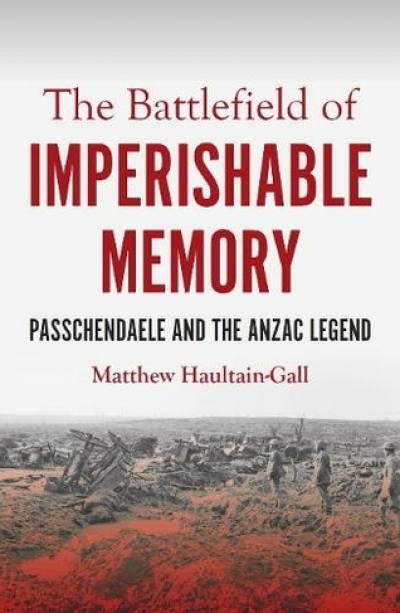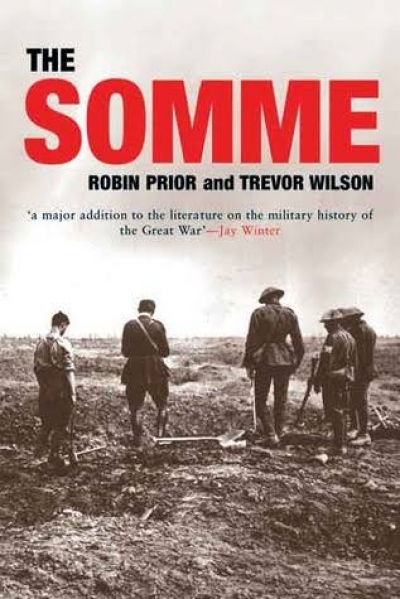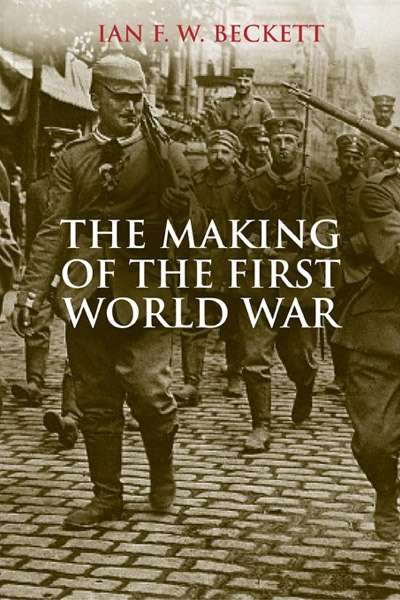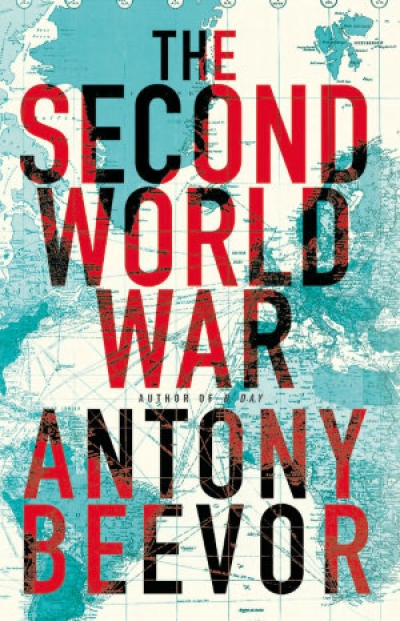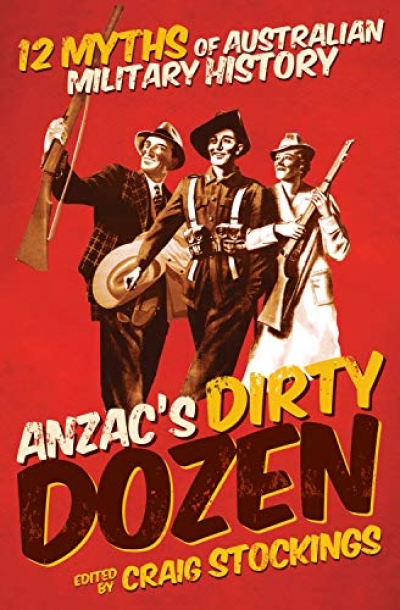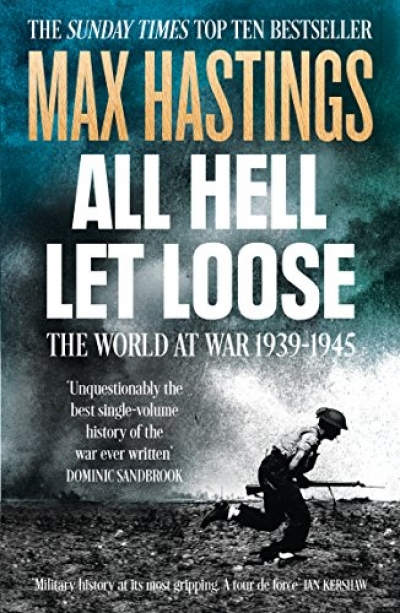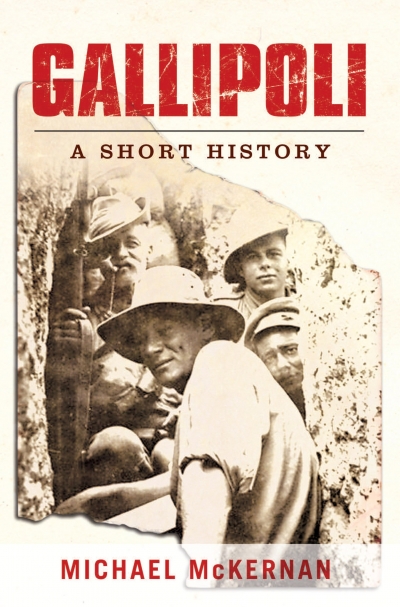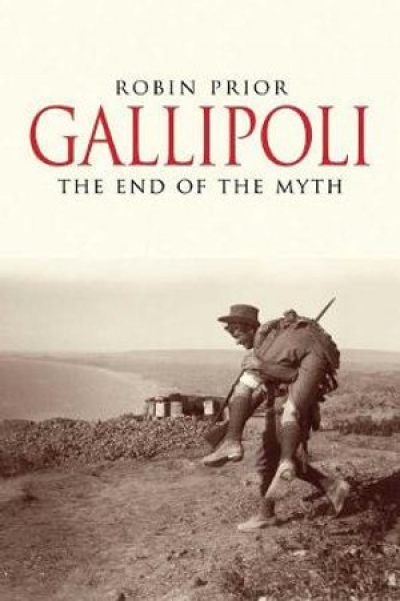Robin Prior
The Battlefield of Imperishable Memory: Passchendaele and the Anzac Legend by Matthew Haultain-Gall
by Robin Prior •
The Roar of the Lion: The Untold Story of Churchill’s World War II Speeches by Richard Toye
by Robin Prior •
Anzac’s Dirty Dozen: 12 Myths of Australian Military History edited by Craig Stockings
by Robin Prior •
All Hell Let Loose: The World at War 1939–1945 by Max Hastings
by Robin Prior •
Gallipoli: A Short History by Michael McKernan & Pozières: The Anzac Story by Scott Bennett
by Robin Prior •

